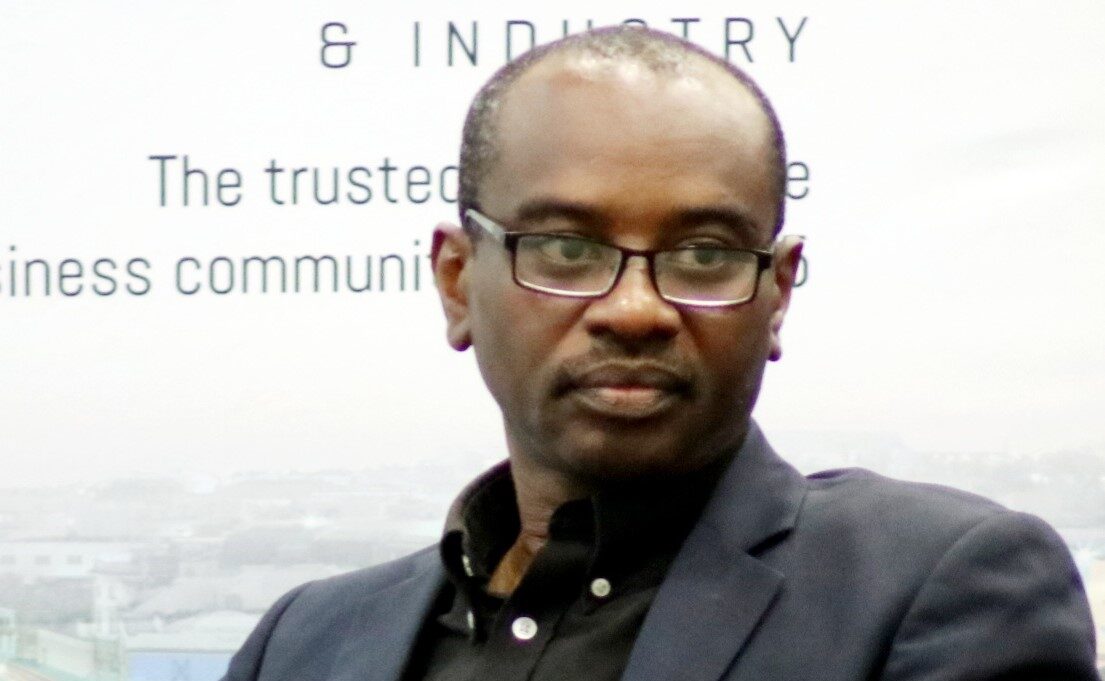Hurricane Beryl Fallout: Economist Warns of Economic Challenges for Barbados' Fishing Industry

July 12, 2024
Hurricane Beryl's impact on Barbados' fishing fleet may lead to inflation and economic challenges, warns economist Professor Justin Robinson. Devastation at Bridgetown Fisheries Complex could affect GDP, tourism, and fisherfolk.
The devastation wrought by Hurricane Beryl on Barbados’ fishing fleet could cause inflation to spiral among other significant economic challenges, according to leading economist Professor Justin Robinson.
Professor Robinson, Pro Vice Chancellor for Undergraduate Studies at the University of the West Indies, warned that the destruction of fishing boats at the Bridgetown Fisheries Complex could have far-reaching consequences despite the industry’s relatively small contribution to the island’s GDP.
“If there was a significant reduction in fish, it would have a negative impact on GDP and as expected, there may be a shortage of fish and if the prices were to go up, given the importance of fish in the diet of Barbadians, it certainly could be a source of inflation,” Professor Robinson said.
He added that the potential shortage of fresh fish could also affect the tourism industry, particularly during the Crop Over season when visitor numbers typically surge.
Home Affairs Minister Wilfred Abrahams reported to Parliament that as of last Friday, 209 boats were damaged, with 90 per cent uninsured. Some boat owners estimated repair costs could reach up to $50 000 per vessel.
Professor Robinson highlighted the personal impact on fisherfolk, many of whom lack insurance coverage or national insurance contributions. “It’s a significant impact on those persons and their families, there could almost be an impact along the lines of what some people experience during [heightened periods of COVID-19],” he said.
The economist predicted that recovery could take at least six months, depending on access to financing and supply chain issues for boat replacement and equipment.
But Professor Robinson also suggested that the crisis could reshape the industry. “There is some potential for ownership of the sector to reshape if some players take advantage of this gap. Are we gonna see new players come into this, people with capital available bringing in boats and entering into the sector?”
While acknowledging the relatively small share of fishing in the overall economy, Professor Robinson emphasised its importance to Barbadian diet and culture. He warned that any significant reduction in output or increase in imports “would have a negative impact on GDP and maybe more significant from a macro viewpoint, it could have an inflationary impact”.
The economist called for state intervention to address both immediate loss of income and long-term fleet replacement challenges faced by affected fisherfolk.
He said: “If there’s any intervention from the State [it must be taken into consideration that] this loss of income could be for a significant period of time. [Again,] while it’s (the fishing industry) is not necessarily a huge part of the economy, it’s quite a significant impact on a chunk of our population which depends on this for their livelihood and they are facing a current loss of income and the financial challenges of replacing their feet; and in the absence of insurance and NISSS (Barbados National Insurance and Social Security Service) coverage, I could see that this can be quite a major challenge for the current players. Some persons will have access to the resources to get through this but a significant chunk doesn’t. We can totally expect some call on the State to provide some support in terms of the two problems, the loss of income and fleet replacement.”
Elaborating on the length of time it would take for the industry to recover, Professor Robinson said: “I think it would depend particularly on access to financing, how quickly players can get access to financing to replace their fleet and then the supply chain — how long it takes to order a boat, get a boat fitted and equipped. I’m thinking that this could easily be around six months at least.”
The economist said that despite the losses there could be room for new players to enter the industry.
“There is some potential for ownership of the sector to reshape if some players take advantage of this gap. Are we gonna see new players come into this, people with capital available bringing in boats and entering into the sector? There is some potential for some reshaping of ownership in the sector.”
sheriabrathwaite@barbadostoday.bb


